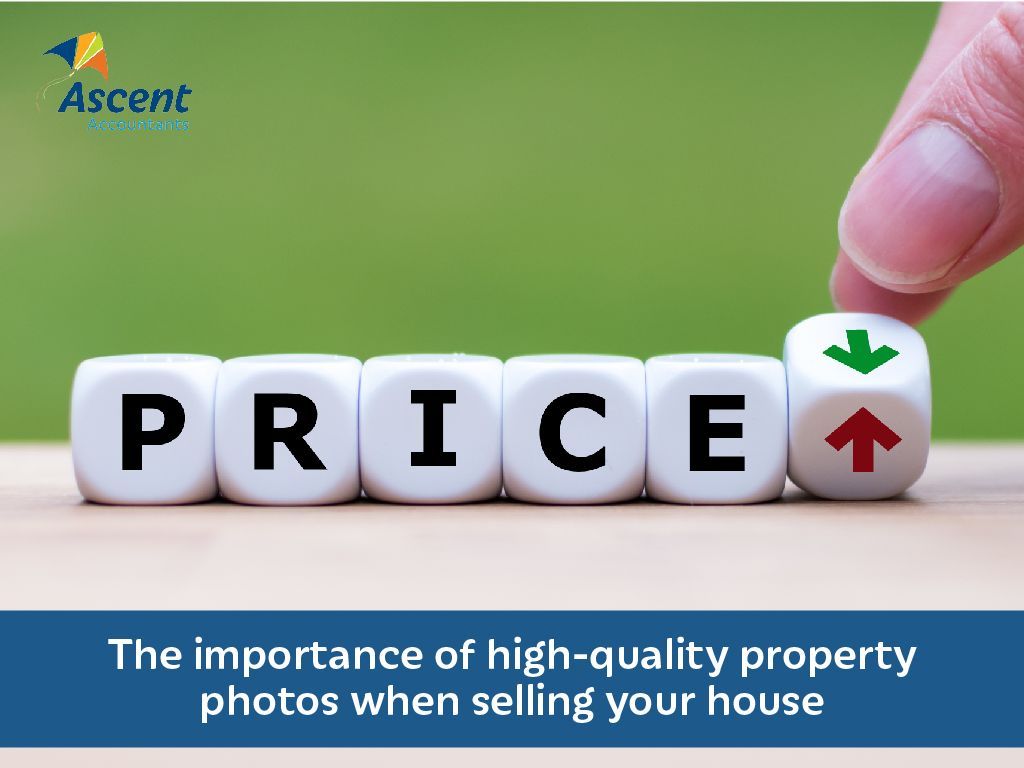Determining pricing and pricing objectives

Pricing is the process you use to set the price of your product or service.
Determining a price for your products and services can be challenging with so many factors to consider. If you set your prices too high, you may lose out on sales because customers find your products too expensive. Conversely, prices that are too low will eat into your profits.
Setting the right price is crucial in maintaining a profitable business. When it comes to determining a price for your products or services, consider the factors we discuss in this article.
Calculate your costs & consider the market.
Before you calculate your price, you’ll need to know how much it costs to produce or deliver your product or service.
When calculating that figure, remember to include the material and labour costs of producing your product/service, as well as your overheads, such as rent, utilities and insurance. Don’t forget to factor in goods and services tax (GST) – if applicable – and other relevant taxes in your costing.
Other important influences when setting a price for your products or services are:
• Competition (strength)
• Market condition (supply/demand)
• Brands (familiarity/loyalty)
• Product or service quality (better quality = higher price)
Determine your pricing objectives.
Pricing objectives are also used to inform pricing; they are the goals you hope to achieve in setting a price for your products and services.
Your prices send a message to consumers about your business, creating a perceived value for your products and services. Pricing affects your brand, image and position in the market and consequently requires a lot of consideration. For example, higher prices lead consumers to expect a higher quality product.
When developing your pricing strategy, you need a clear understanding of your objectives. This is more exhaustive than simply making a profit. Many other pricing objectives can affect the final price you set for your products and services, such as:
Market position
This is the consumer perception of your products or services, relative to others on the market. Pricing will help you to establish your positioning, whether that’s high-end or budget products. It can indicate a level of quality, so it’s important your price reflects that and complements your overall brand.
Remaining competitive
Your business might want to prioritise being price-competitive. Competitive pricing is using strategic price points to gain an advantage over competitors in the market. When setting prices, consider your competitor’s pricing and how they may respond to your pricing.
Ability to supply to or increase demand
As a new business, you might set prices to manage supply and demand. Pricing can be used to increase demand, an objective for establishing customers or boosting sales, or to decrease demand, if you’re struggling to keep up with supply.
It’s important when determining your pricing objectives that they complement your overall business and marketing intentions. By establishing the cost to produce your goods and services and your pricing objectives, you’ll be better situated to enter the market.
Professional guidance.
Starting a business in Perth? Consider Ascent Accountants to help guide you through the start-up process and set your business up for success. Our Business Set-up Service is a complete package to get your business off the ground. Contact us today for information on how to get started.
Need help with your accounting?








